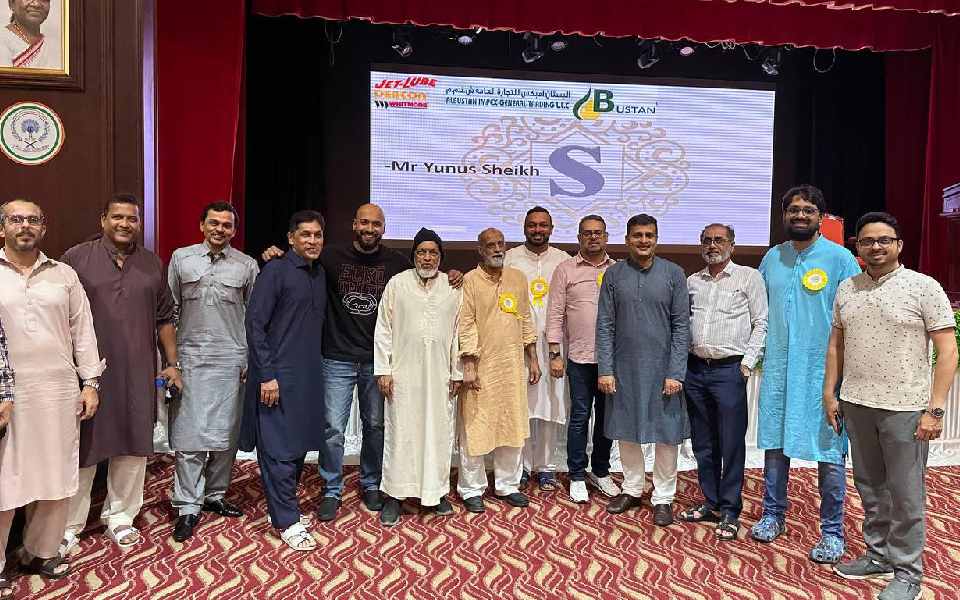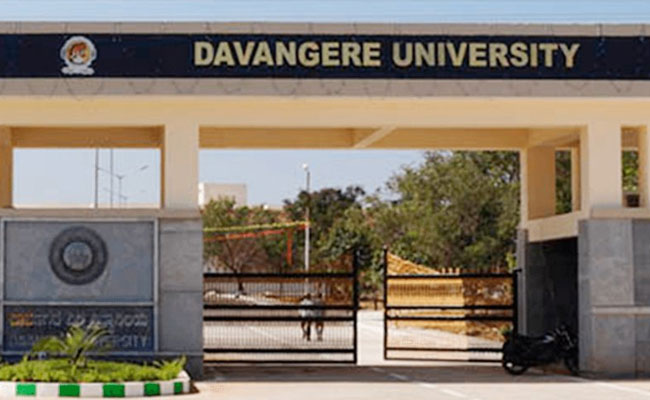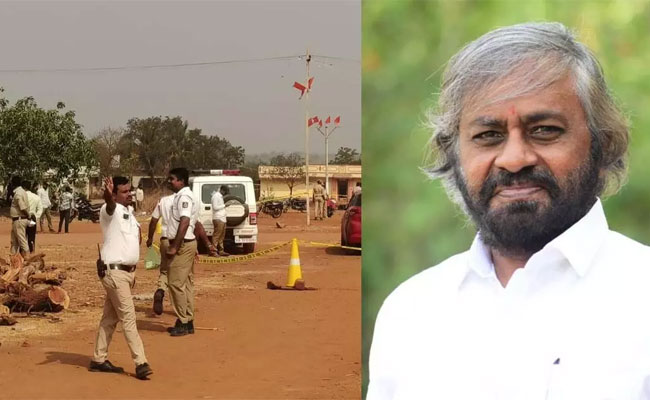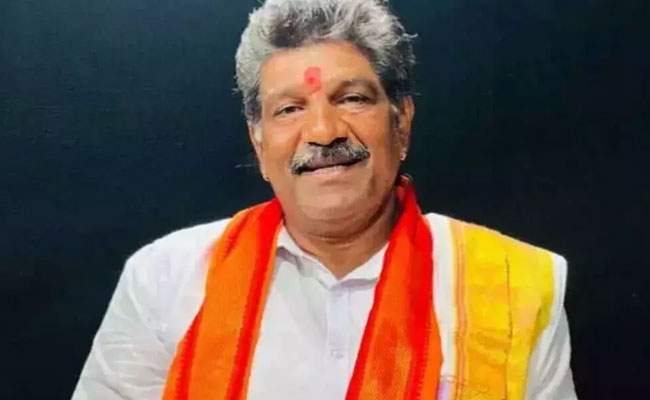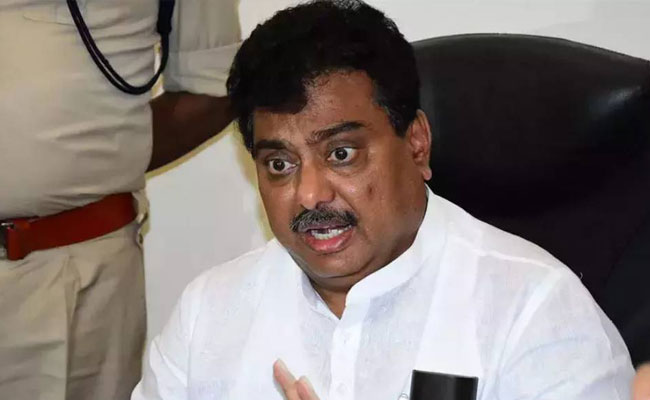The Abu Dhabi Sahebaan Community, a prominent social group representing the Urdu-speaking Muslim community from the twin districts of DK and Udupi, hosted a grand Iftaar get-together at the India Social and Cultural Centre (ISC), Abu Dhabi, for community members and their families on Saturday, March 23, 2024.
After an initial round of networking, the event commenced with the recitation of verses from the Holy Quran by Master Anas Ahmed, followed by a religious talk by visiting Moulana Janab Sayeed Zainul Abideen Thangal.
The gathering was welcomed by Althaf M.S., who also spoke about the rich legacy of Sahebaan Abu Dhabi Iftaars. These events provide a platform for Sahebaan Community members and their families to not only partake in Iftar but also to connect and enjoy the camaraderie with fellow community members.
Prominent personalities from the Beary community, along with BWF members Mr. Abdulla Madumoole, Abdul Majeed, Mohammed Kallapu, and other Excom members, were present.
The event was well attended, with distinguished Sahebaan guests from other emirates and India as well, including Janab Nasir Syed, M I Jameel (Retd Superintendent of Police, Karnataka) and others.
Sahebaan community well-wishers, namely Janab Abu Mohammed, Adil Shamshuddin, Abdul Rahim Dawood, Rizwan Aziz, Akram Mohd, Irfan Abdul Rahim Sheikh, Yunus Sheik, K. Mohd Ansar, Adil Hussain, Amjad Khalife, Mohd Asif, Arshad Ahmed, Ajmal Mohd, CA Hanif Mohd, Rahiman Baig, Rafique Ahmed, Sajid Ansar, CA Samiulla Mohd, Ajmal Jamal, Mohsin Shaikh, Tabrez Vanti, Ansar Byndoor, and Althaf M S, supported the program.
Team Sahebaan, along with volunteers Akbar Ali, Imdadulla, Rihyaz, supported by an energetic young Sahebaan Volunteers team, ensured the success of the program.
The program was compered by Mohd Ajmal Jamal, with IT support provided by Faizan Khateeb and guest welcoming done by Mohd. Jabir.
Team Sahebaan Abu Dhabi thanked all the members of Sahebaan Abu Dhabi for attending the event and for their wholehearted support.
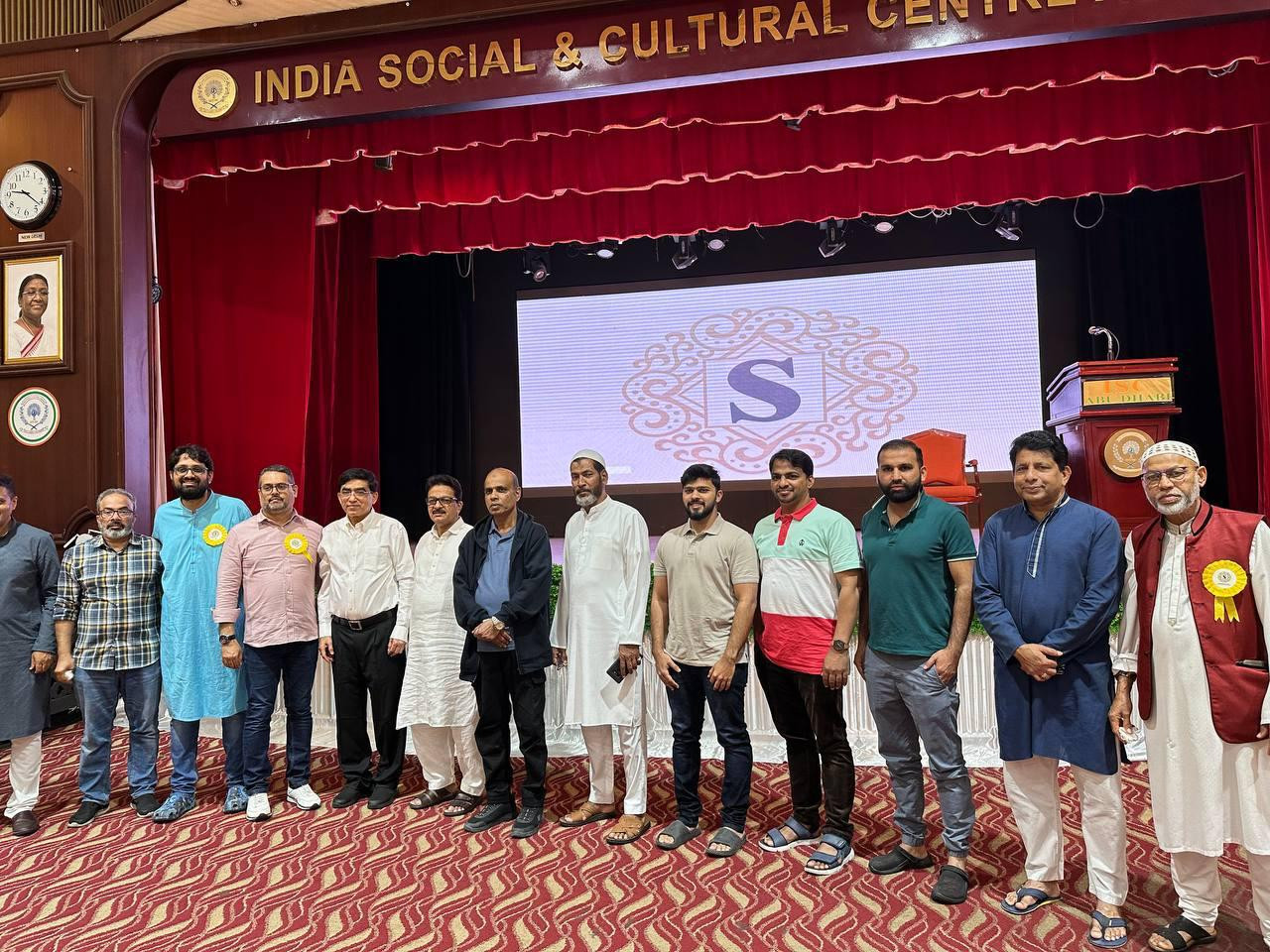
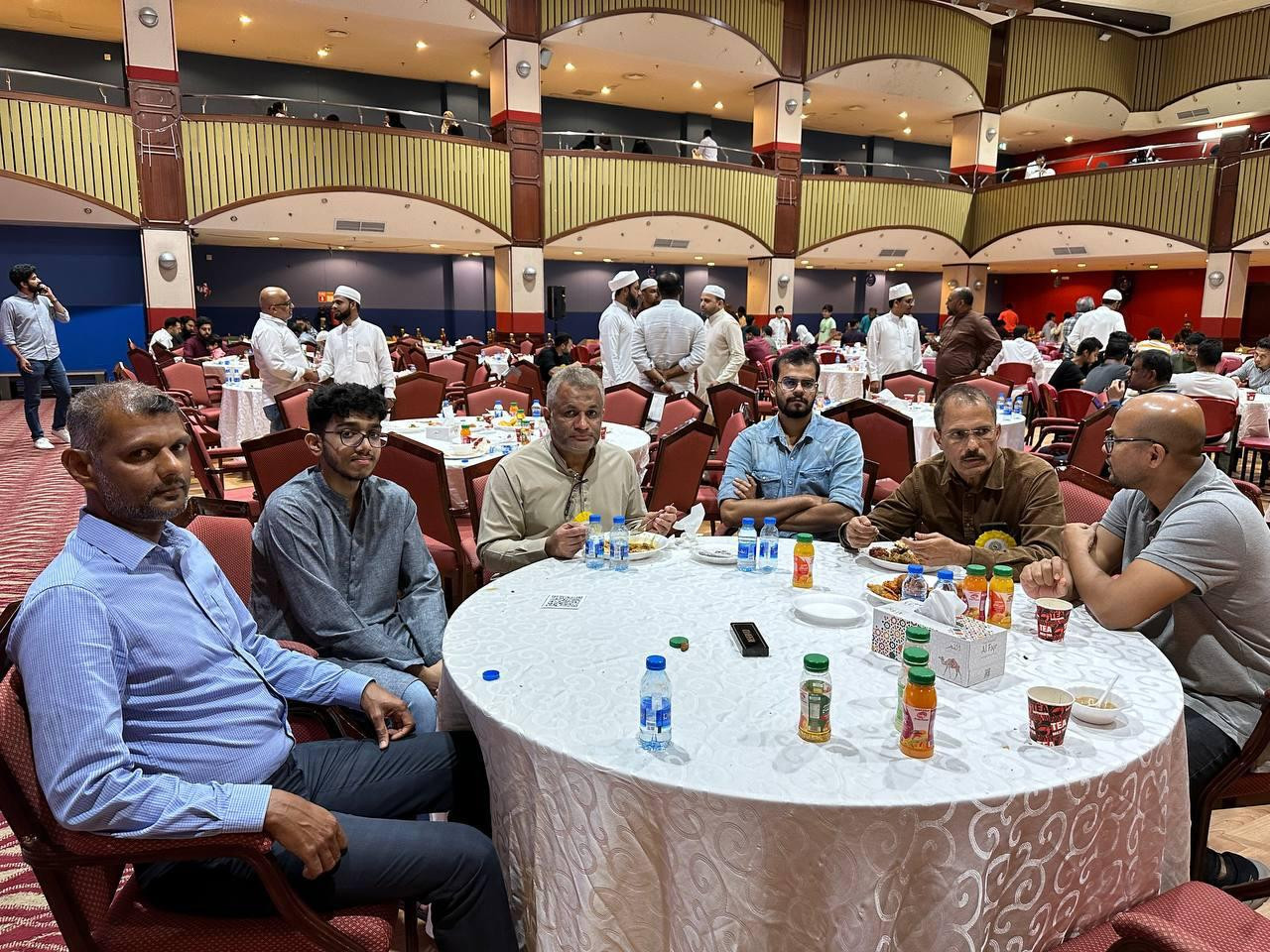
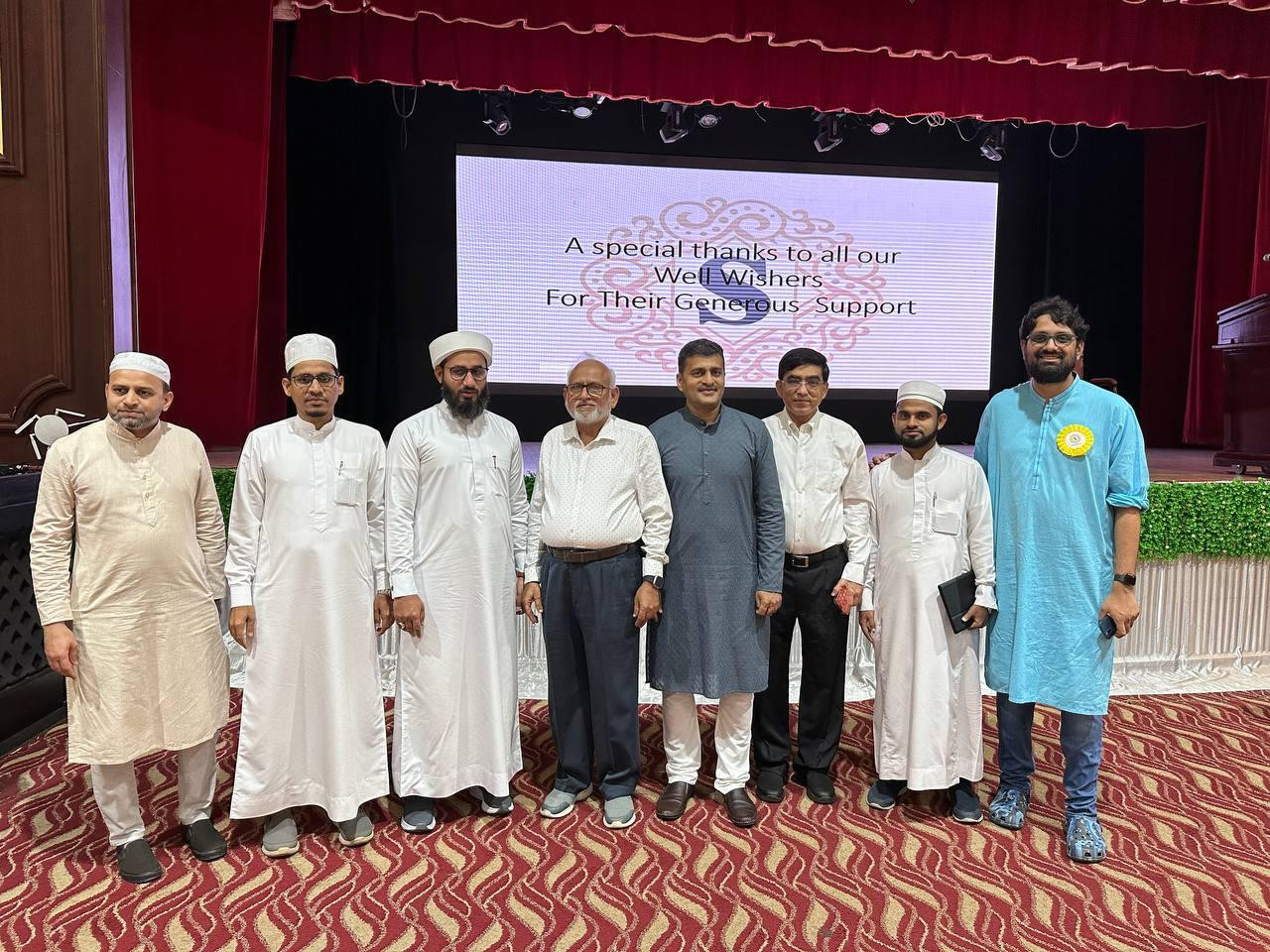
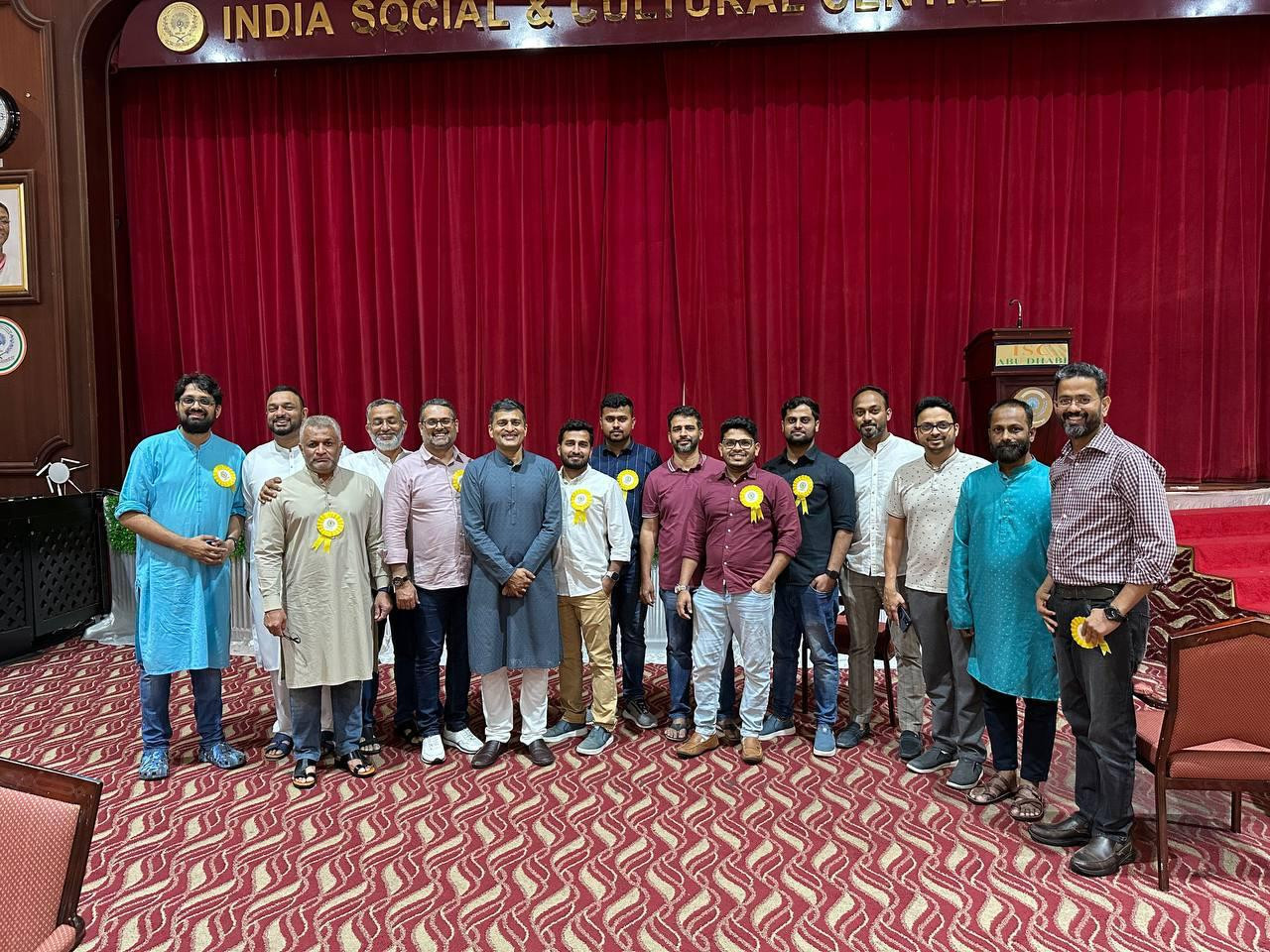
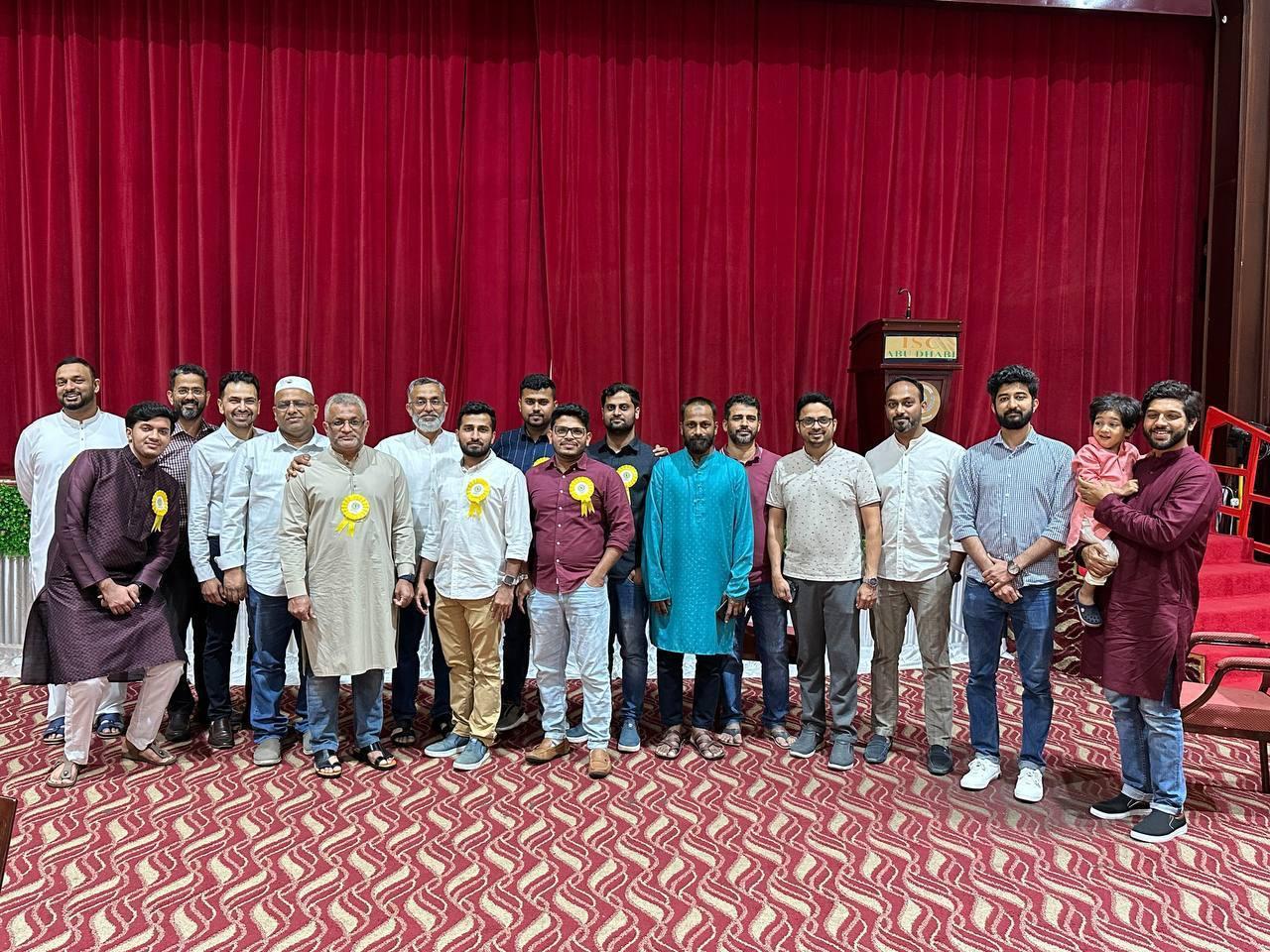
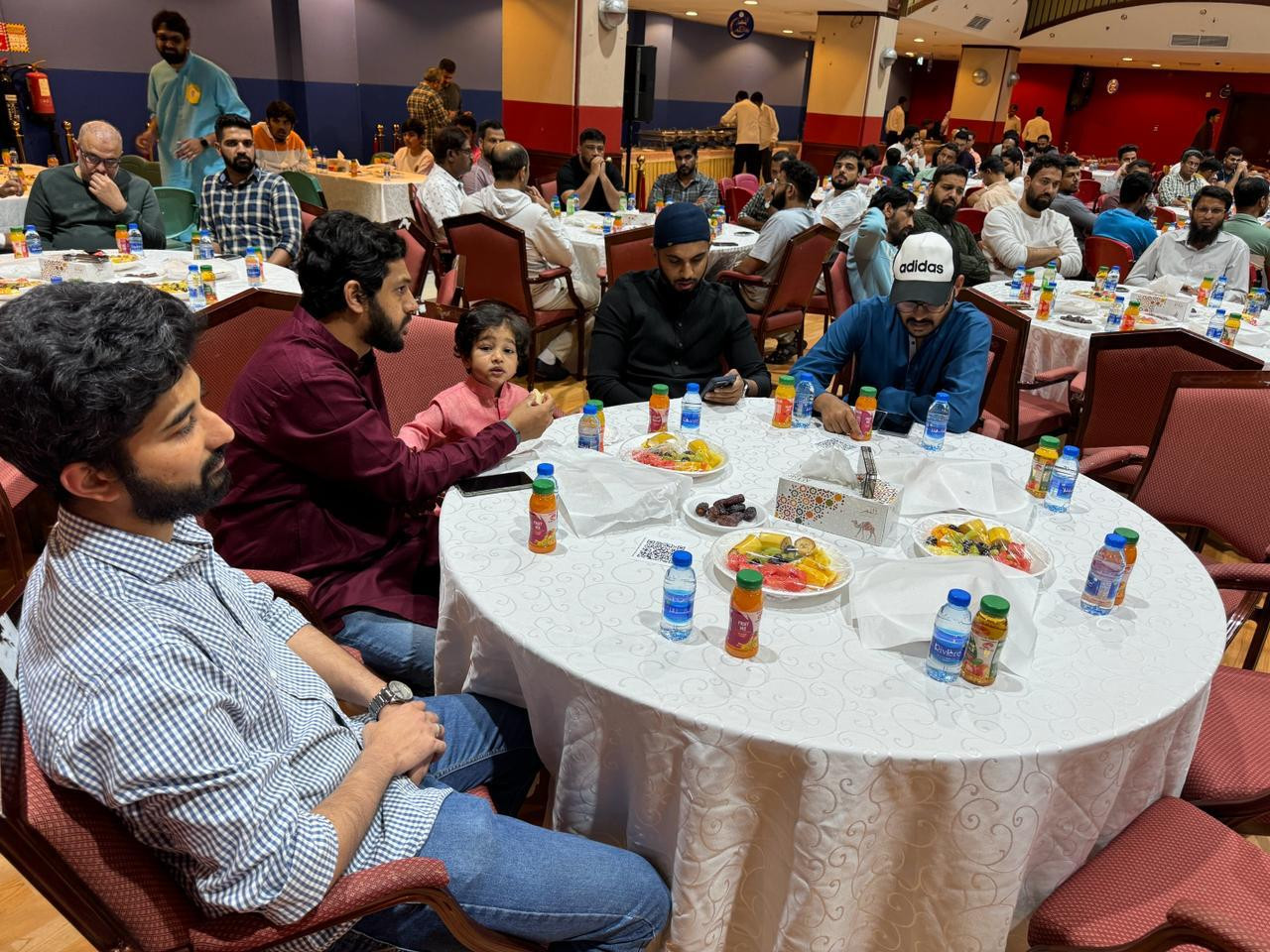
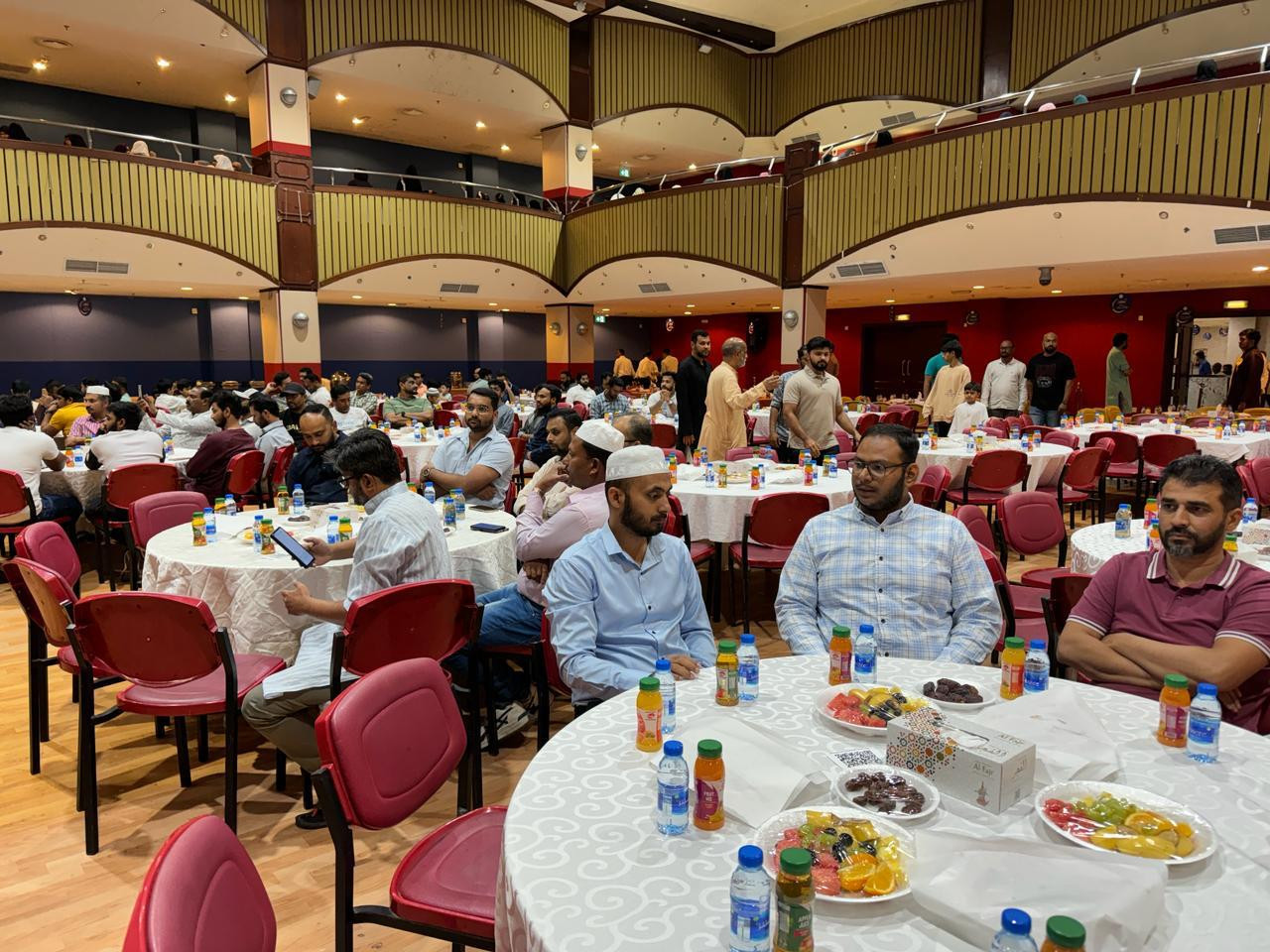
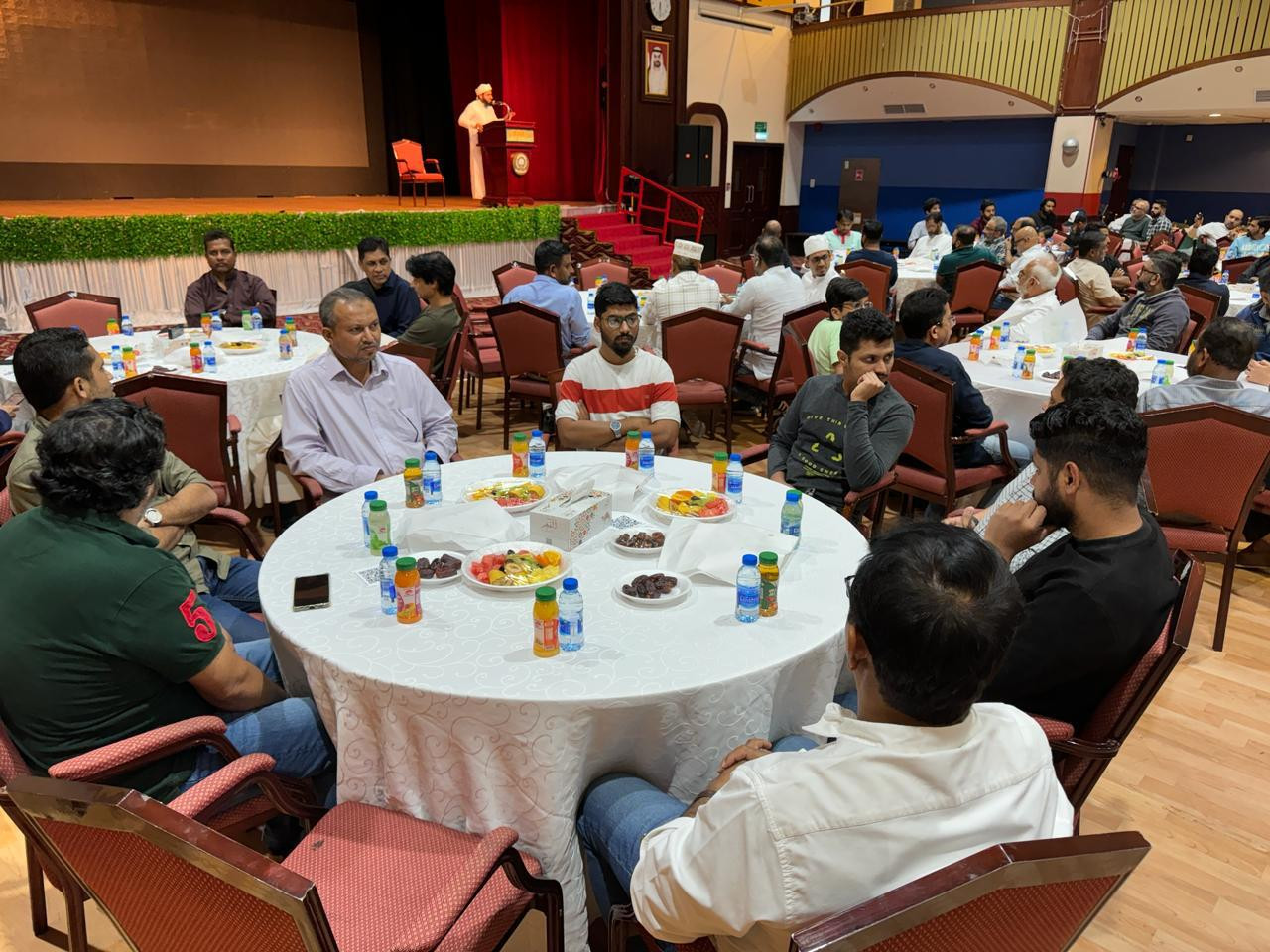
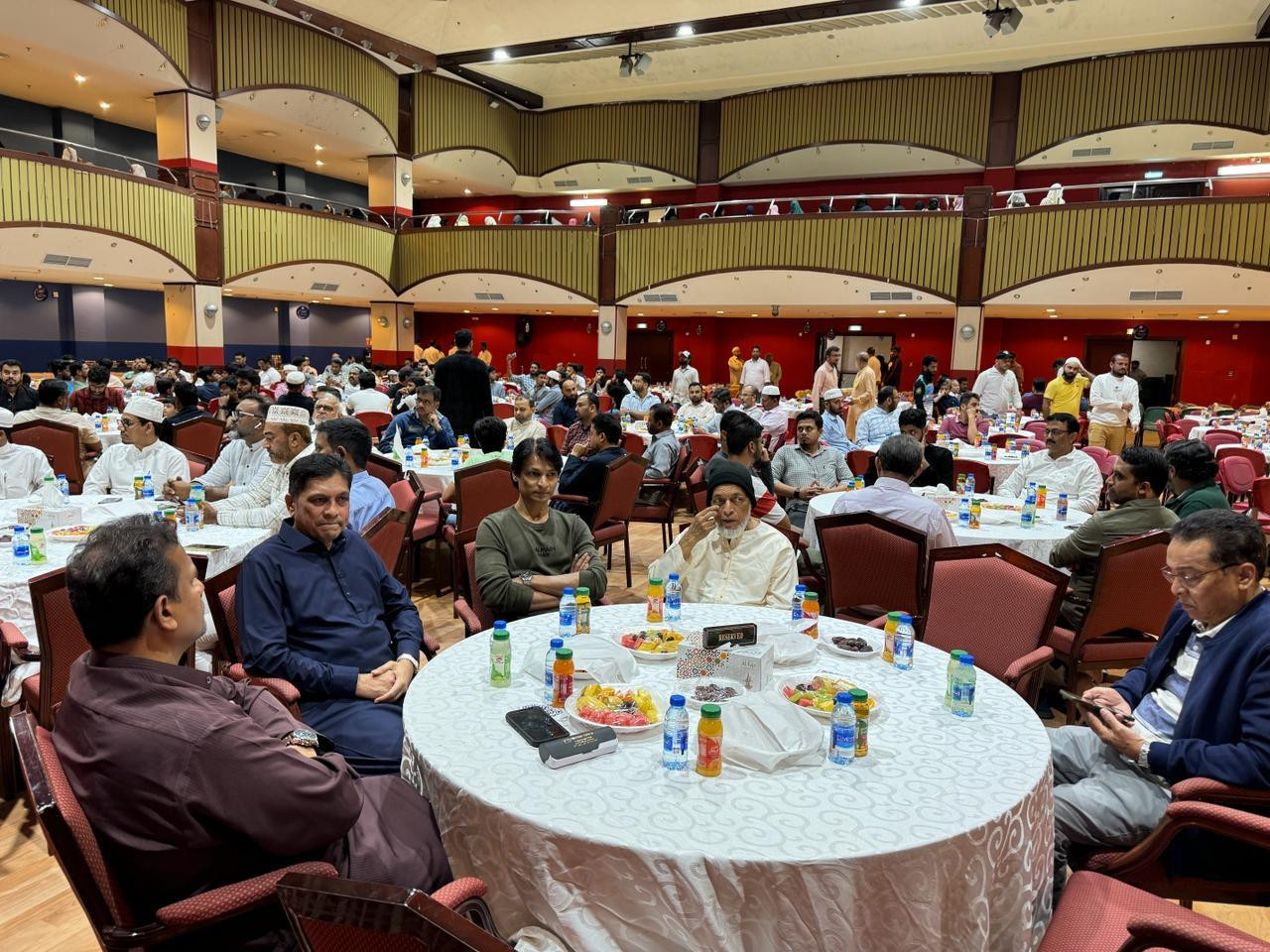
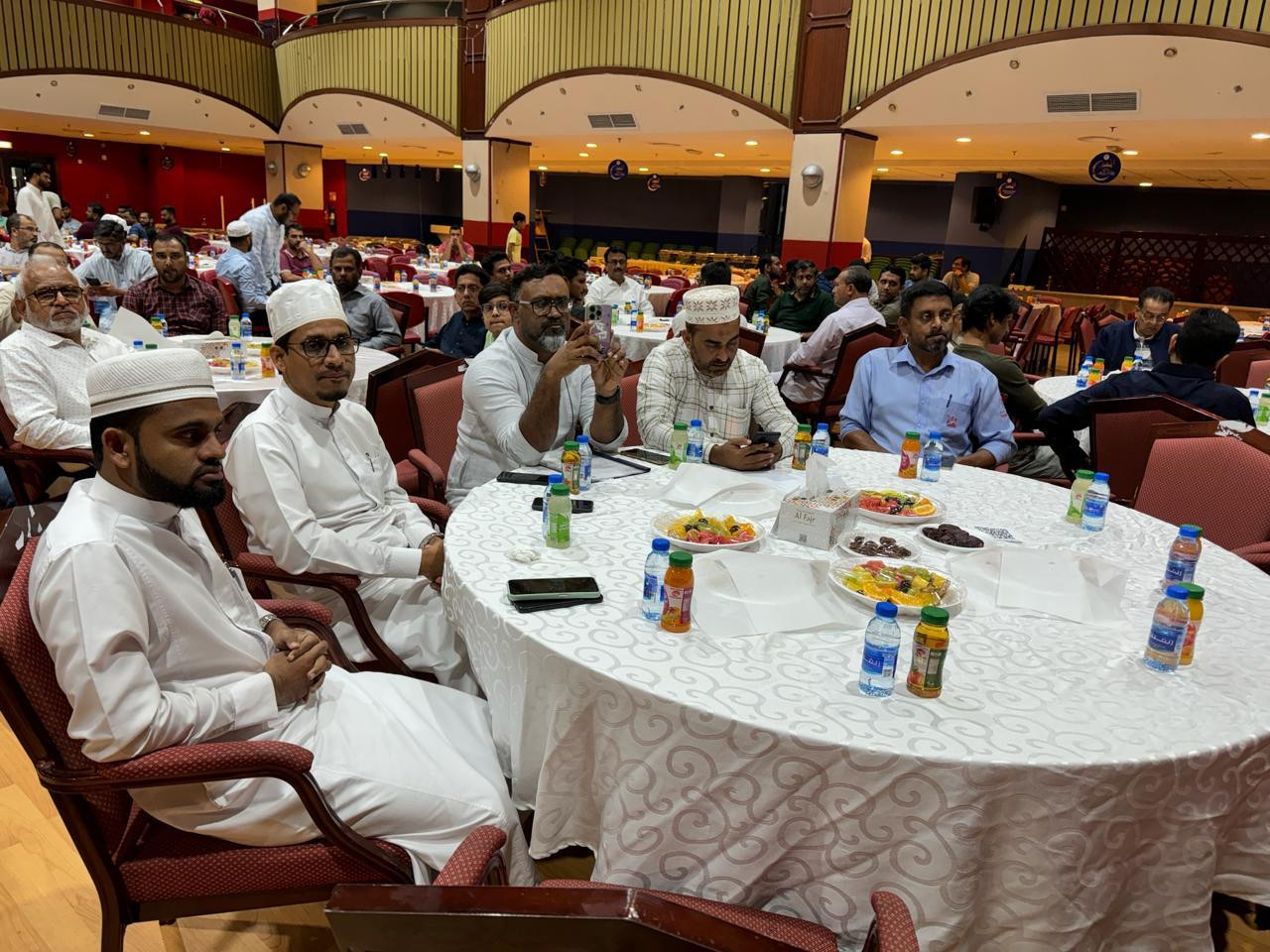
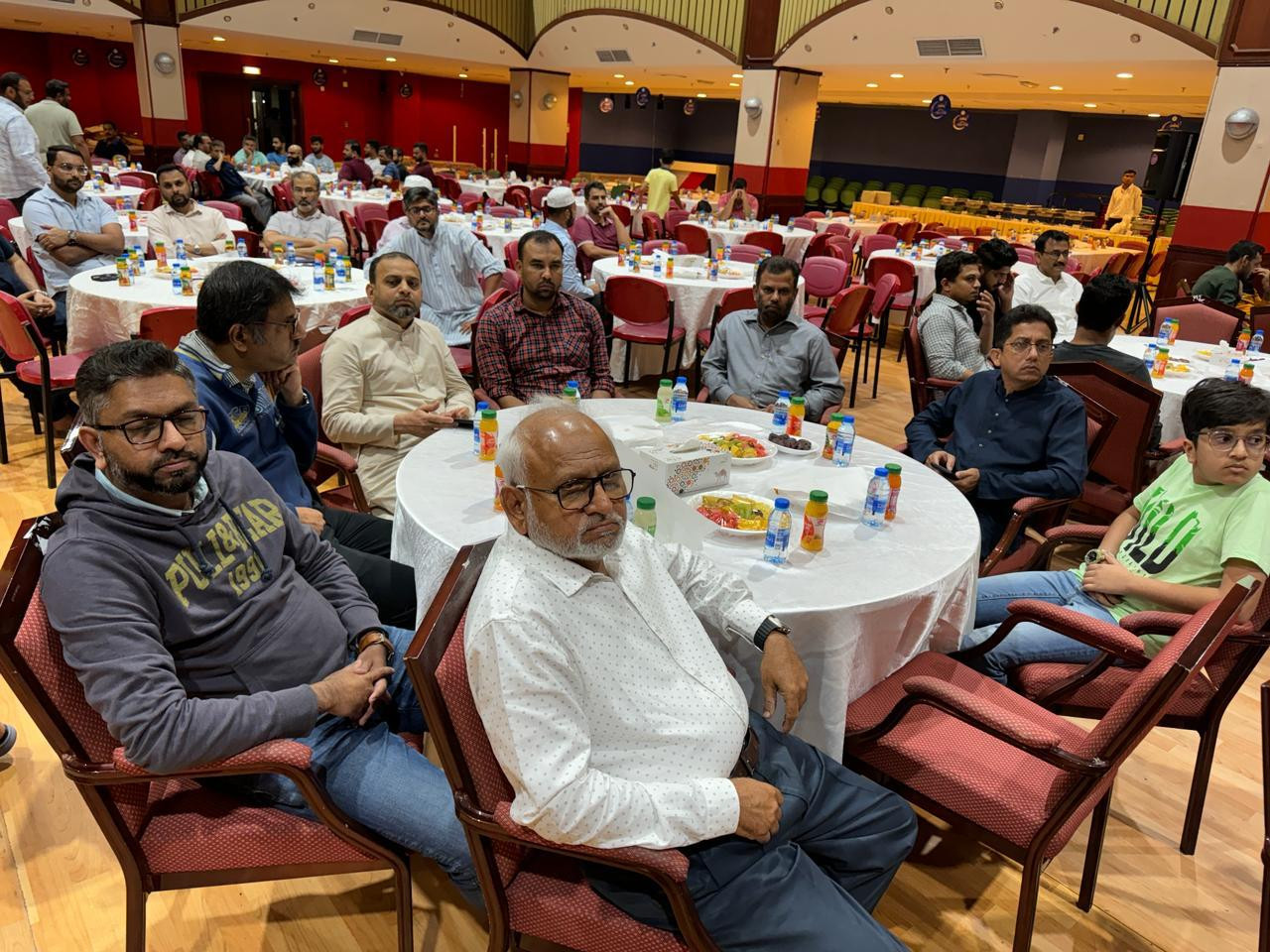
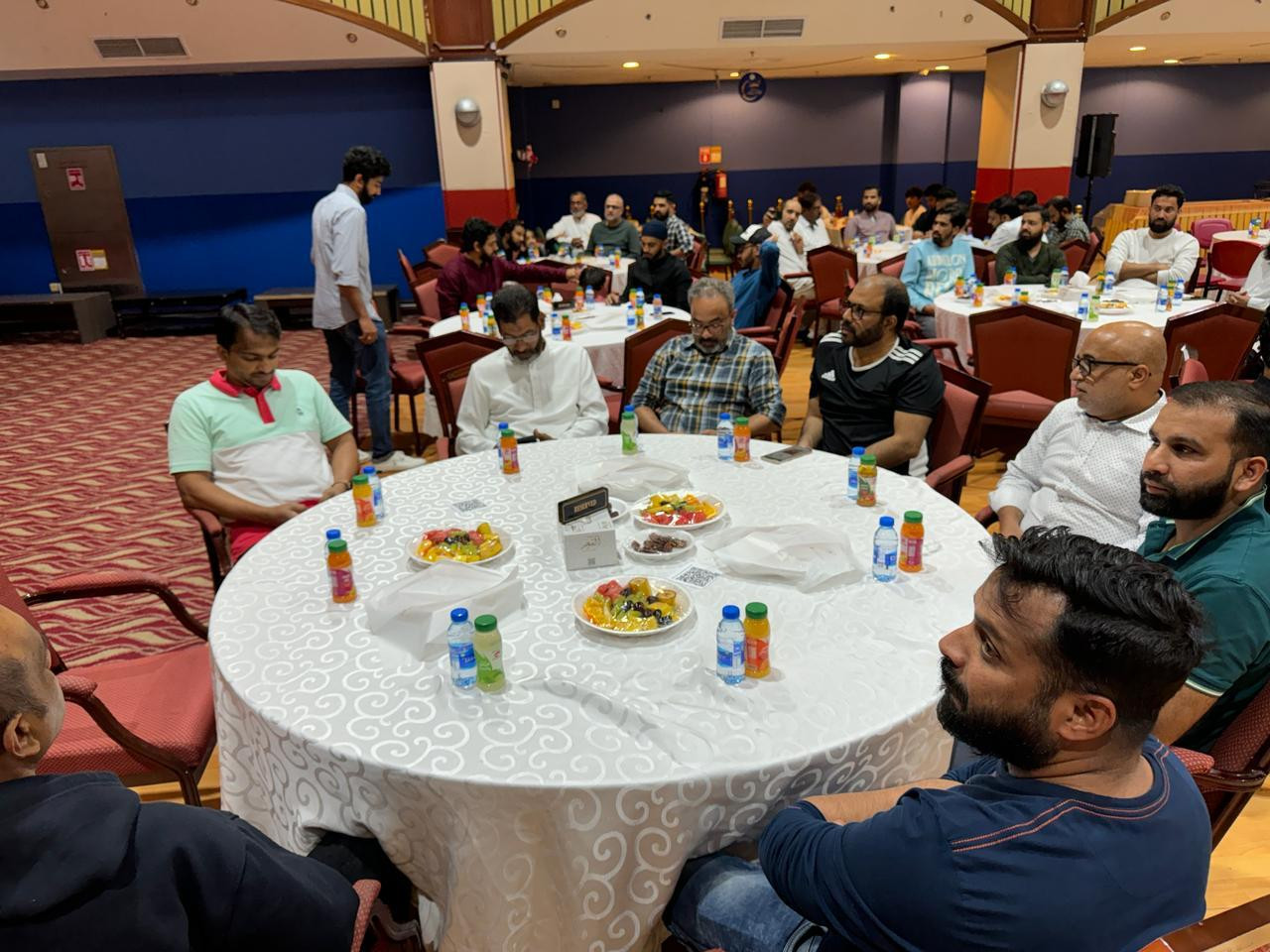
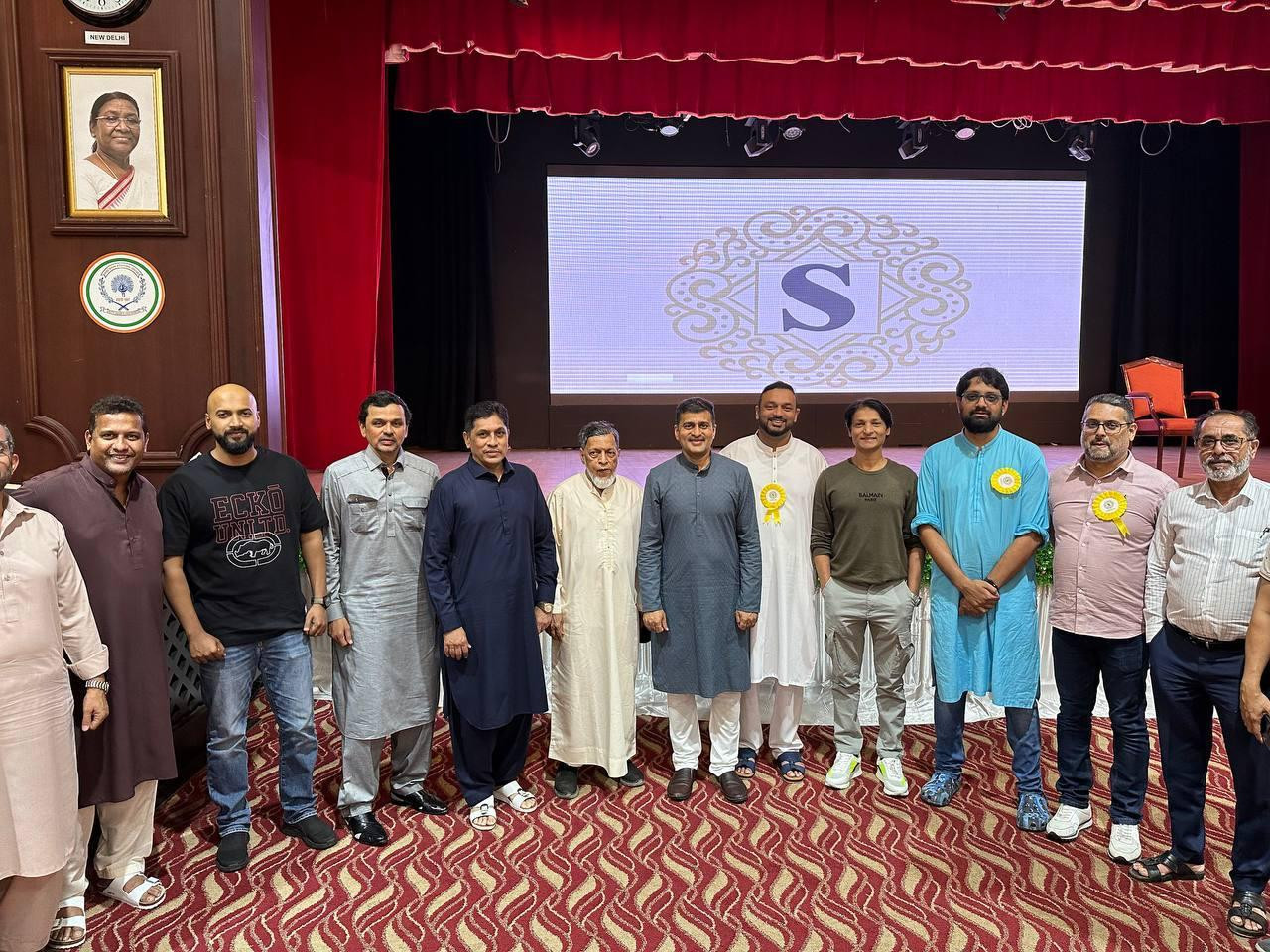
Let the Truth be known. If you read VB and like VB, please be a VB Supporter and Help us deliver the Truth to one and all.
A Kannada-medium student emerging as the university topper in English studies stood out at the 13th annual convocation of Davangere University held on Friday at its Shivagangotri campus in Tholahunase.
Vijayashri BM, a resident of Basavanalu village in Davangere taluk, secured the first rank in MA English, despite having completed her schooling and undergraduate education entirely in Kannada medium. Speaking after the convocation, she said shifting to English at the postgraduate level was challenging in the beginning, but sustained effort, discipline and regular practice helped her overcome the difficulty.
Vijayashri said she chose English believing that the language opens up wider career opportunities. She credited her father, Basavaraju, a retired Mathematics teacher, for motivating her to pursue higher studies. Currently working at a private school in Davangere, she said she hopes to continue her career in teaching.
The convocation also saw Physics student Puttaraja emerging as a top achiever. He secured the first rank in Physics and received three gold medals. According to a Deccan Herald report, Puttaraja said his academic decisions were influenced by his family’s financial situation. His father, Rudresh Veerappa Mattikatti, works as a hamali in Davangere and earns about ₹10,000 a month.
Puttaraja said scholarships offered by the Department of Science and Technology for science toppers made it possible for him to continue higher studies. He said first-rank holders receive a monthly scholarship of ₹32,000 for the first two years, which later increases to ₹37,000, easing the financial burden on their families.
He completed his undergraduate studies in Physics, Chemistry and Mathematics at a government first-grade college in Davangere and is now preparing to pursue a PhD in semiconductor nanocrystals under Professor M N Kalasad. He has appeared for the National Eligibility Test and is awaiting results, besides preparing for the Graduate Aptitude Test in Engineering scheduled for February 7. He said he aspires to work with organisations such as the Defence Research and Development Organisation or the Indian Space Research Organisation.
Puttaraja also noted that dedication and personal conduct matter more than economic background in earning the support of teachers and mentors.

